Blogs
Years ago, I tracked my anxious thoughts in a journal to define my triggers and reduce my negative thinking. Triggers are fears or situations that bring your anxiety to a heightened state. For example, speaking in public, riding in elevators, writing a check, or driving on freeways may trigger anxiety for some people. Eating in public around others has always been a big trigger for me.
I was diagnosed with bipolar 1 on October 6, 2006. I remember the date like it’s my birthday. It’s the day my whole world collapsed and I became a person I didn’t recognize. I was branded, disgraced and humiliated (Living With Mental Illness and Self-Stigma). It was I who took in the online questionnaire to my psychiatrist, hoping that I was wrong.
My name is Aimée. The spelling is French and it means “Beloved” which is ironic considering how much I worry about others judging me. I grew up in a big family, in a little town right on Lake Erie, in Ohio, and currently live in Utah.
There I was in the bathroom, innocently blowing my nose and bopping to music on my iPhone at 12:30am. I had many things left on my ToDo list that needed doing, and with the quiet a sleeping home brings, I could finally focus. I flushed the tissue away and began to wash my hands, deep in thought about all those undone things. That's when I heard a splashing noise.
I’ll never forget staring myself down in the mirror of the restaurant thinking to myself “This is not normal. There is something very wrong with me.”
I had just escaped my 24th birthday lunch celebration with all my coworkers, to the bathroom where I crouched, legs shaking, my neck burning, and vomiting in the stall.
Cristina Fender, diagnosed with Bipolar I in 2006, is a wife and a mother raising two young girls in Texas. Her oldest is six going on thirteen and is obsessed with Twilight. Her youngest is two going on zero since she prefers to be the baby of the family and is currently refusing to use the potty like a big girl.
Cristina spends most of her time chasing around kids and picking up after them while dealing with bipolar symptoms.
This award-winning blog, Bipolar Vida, features a journal of her life and how bipolar effects how she lives her life.
Amanda_HP
For Anne A. Johnson Davis, the physical, sexual, and psychological abuse started at the age of 3 and continued on until she was 17 years old. She was tortured by her parents, relatives and other cult members -- all in the name of Satan. The details of this satanic ritual abuse (SRA), as well as her recovery, are laid out in her book.
Amanda_HP
My name is Douglas Cootey. I’m a 42 year old stay-at-home dad on disability and I have had ADHD all my life. When I was three weeks old, if a parent placed a finger in both of my hands I would brace my legs against them and stand up. My head would flop around, but up I’d be. Performing this trick for my pediatrician introduced my parents to the world of ADHD in the 60s. Back then, it was referred to as hyperkinesis. By third grade, I was taking ritalin daily except weekends to help me in my studies. Before that, I had spent large amounts of time banished to the library room for wiggling in class.
Amanda_HP
Like most psychiatric disorders, Adult ADHD (Attention-Deficit Hyperactivity Disorder) doesn't travel alone. As HealthyPlace Medical Director, Dr. Harry Croft, mentions in this week's blog post, many adults with ADHD also suffer with depression, substance abuse and other conditions.
Amanda_HP
My name is Kenneth Burchfiel (not to be confused with my dad, who is also Kenneth Burchfiel). I'm 18 years old, and a student at Middlebury College in Vermont. It's difficult for me to say when scrupulosity, or religious obsessions and compulsions, first appeared. On Christmas 2007, I received a book with a modernist take on Christianity and the gospels; that seemed to spark an intense period of doubt, searching and longing for answers.
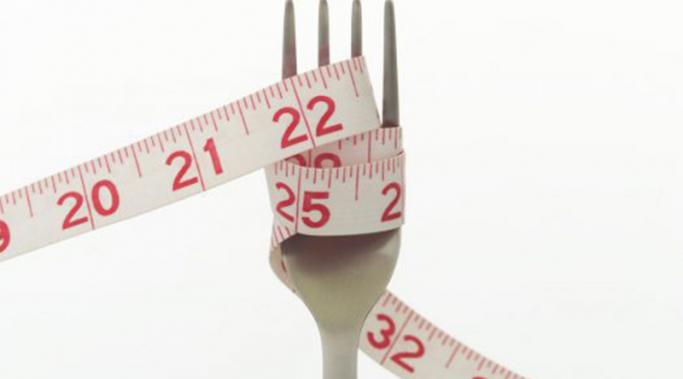
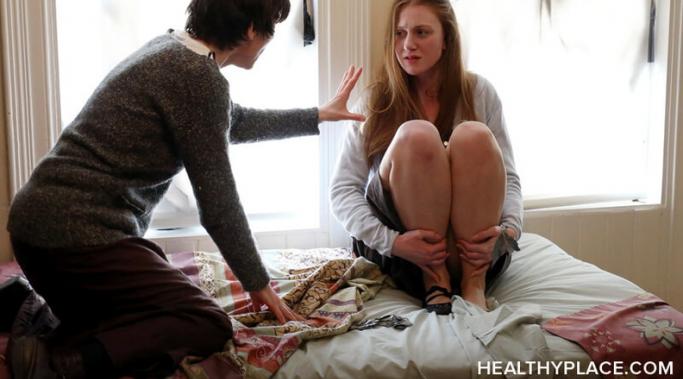


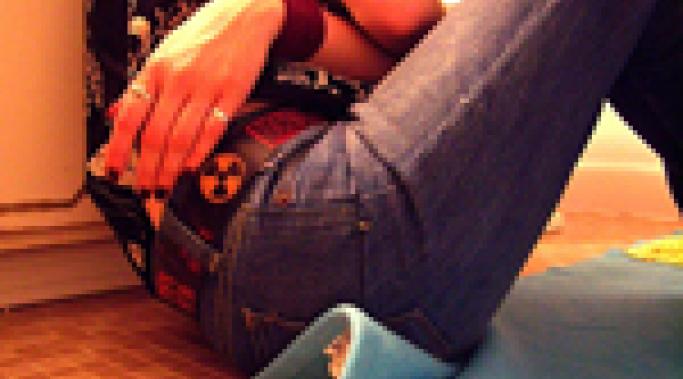
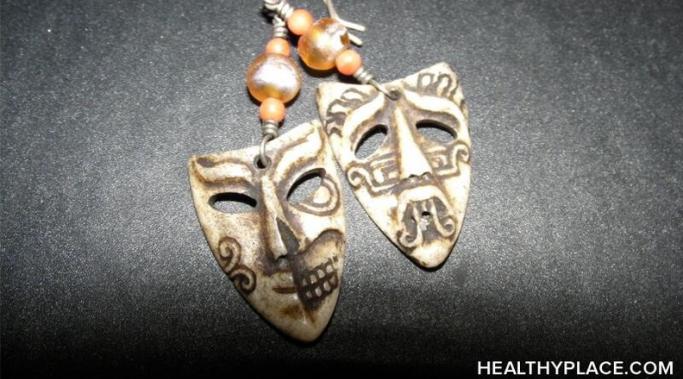
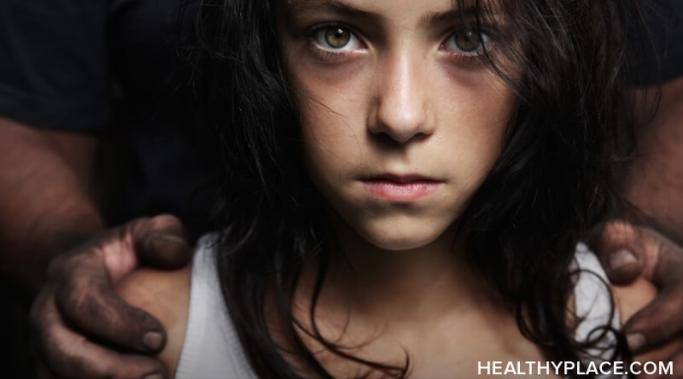



I also have DID. And I know that it is not safe for people or animals to live with me. This is just the facts and it’s devastating. I know that to be ethical and non-harming I have to live alone. To see me, I look kind and sweet. And parts of me are. But not all the parts. I’ve been officially diagnosed and in therapy over two years, and even if we all heal, I don’t think it’s worth the risk that I could hurt or kill somebody. Some risks can be taken, but I don’t think I could say, ‘hey- let’s move in together. By the way I had violent tendencies but I think I have it taken care of. You ok with that?’